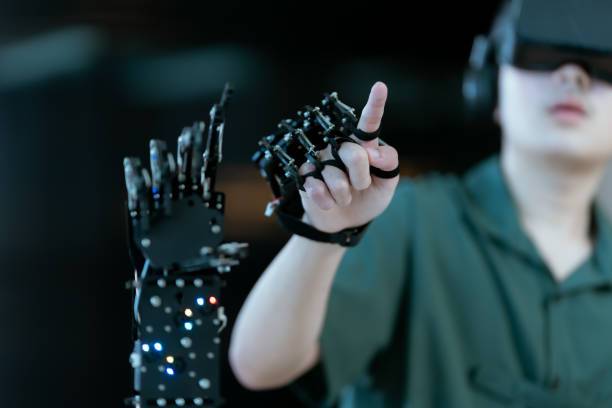You will be redirected to borrowbrilliant soon!
Introduction
In the grand tapestry of human history, few inventions have had the potential to reshape society as profoundly as Artificial Intelligence (AI). As we stand on the brink of a new era, the AI revolution is poised to redefine the contours of our world, promising unprecedented advancements and posing unique challenges. This article aims to delve into the multifaceted implications of AI on our new generation, exploring the transformative power of this technology and the ethical considerations it necessitates.
The Emergence of AI: A Brief Overview
AI, a term coined by John McCarthy in 1956, refers to the simulation of human intelligence processes by machines, especially computer systems. These processes include learning, reasoning, problem-solving, perception, and language understanding. Over the decades, AI has evolved from a nascent concept into a pervasive reality, permeating every sphere of our lives.
The Impact of AI on the Next Generation
AI in Education: Personalized Learning and Beyond
AI’s influence on education is transformative, heralding a new era of personalized learning. AI-powered systems can adapt to individual learning styles, pace, and preferences, offering customized educational experiences. However, the integration of AI in education also raises concerns about data privacy and the digital divide.
AI in Healthcare: Revolutionizing Diagnosis and Treatment
AI is revolutionizing healthcare, from predictive analytics to robotic surgeries. It holds the potential to democratize healthcare, making it more accessible and efficient. Yet, it also presents ethical dilemmas related to patient privacy and the reliability of AI-driven diagnoses and treatments.
AI in Business: Driving Innovation and Efficiency
AI is a game-changer in the business world, driving innovation, enhancing efficiency, and fostering new business models. It’s reshaping industries, from finance to retail, creating opportunities and challenges in equal measure.
AI and the Environment: A Double-Edged Sword
AI can play a pivotal role in combating climate change and conserving biodiversity. However, the environmental footprint of AI systems, particularly in terms of energy consumption, cannot be overlooked.
The Ethical Implications of AI
As AI continues to evolve, it brings forth a myriad of ethical implications. Issues such as bias in AI, job displacement due to automation, and the potential misuse of AI technologies underscore the need for robust ethical frameworks and regulations.
Conclusion: Navigating the AI Era
The dawn of the AI era is an exciting yet challenging time. As we navigate this new landscape, it’s crucial to harness the potential of AI while mitigating its risks, ensuring a future where AI serves as a tool for empowerment and progress, not a source of disparity or harm.











